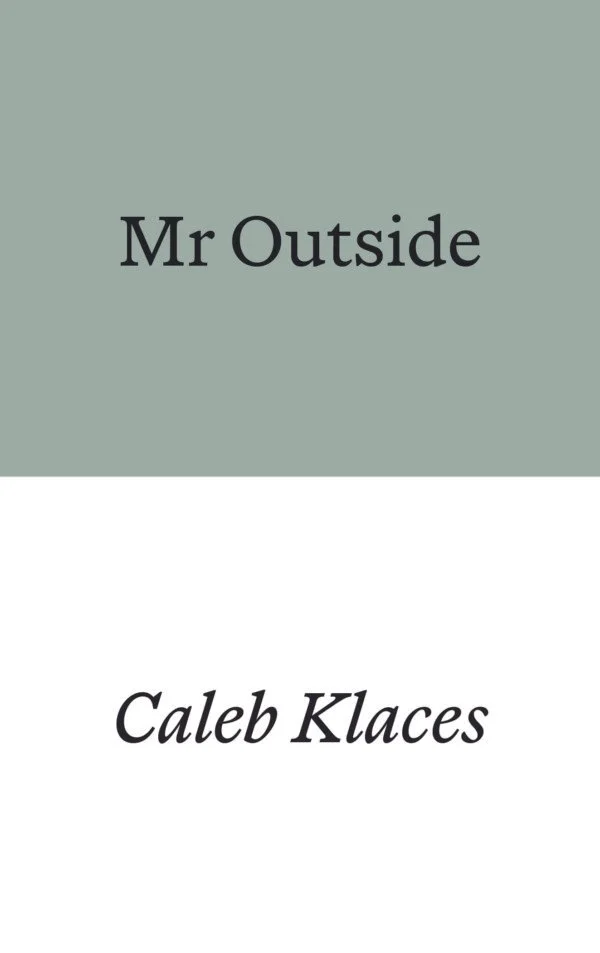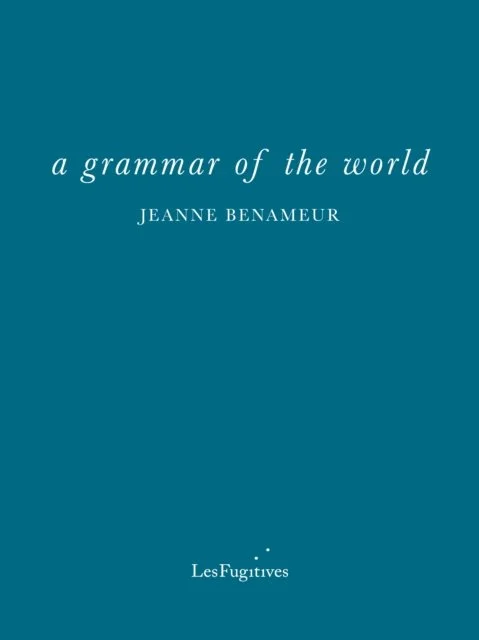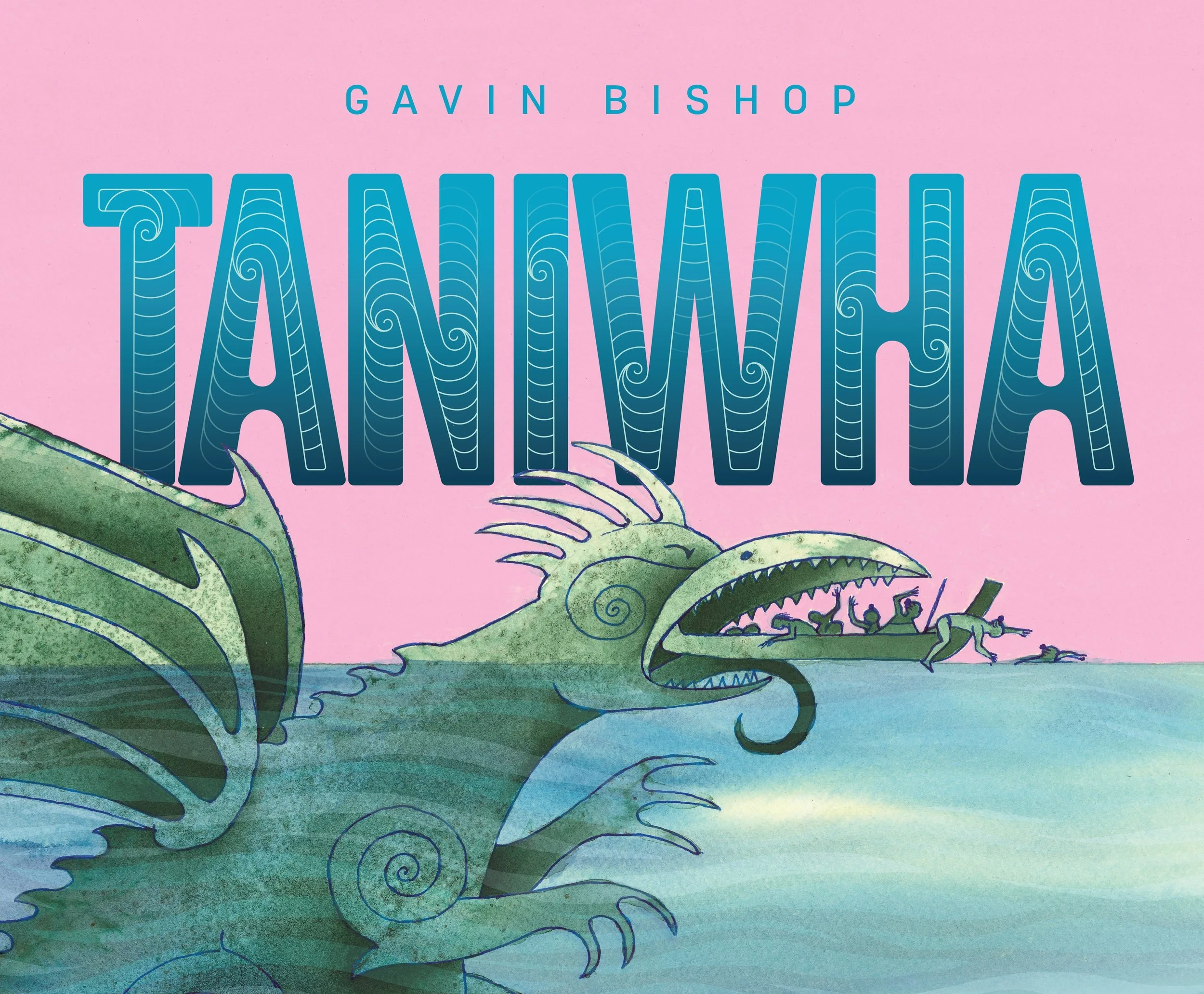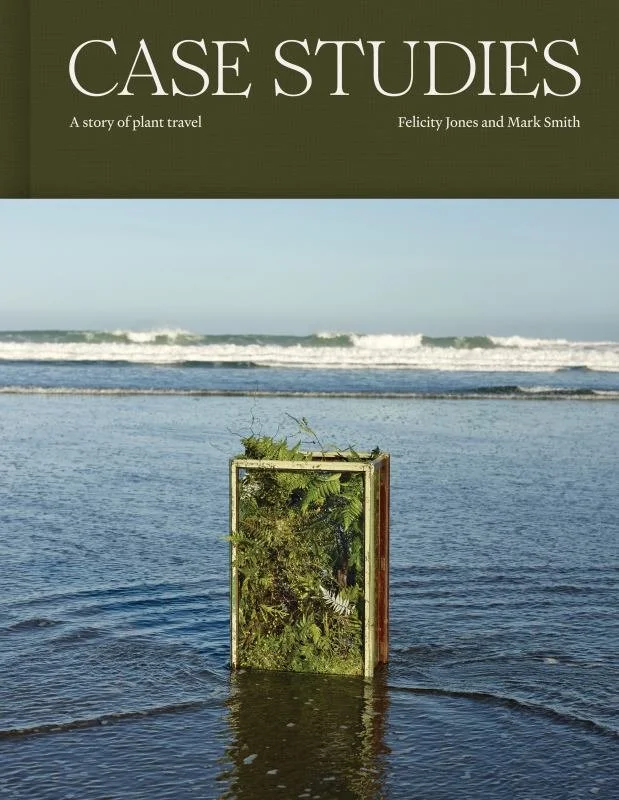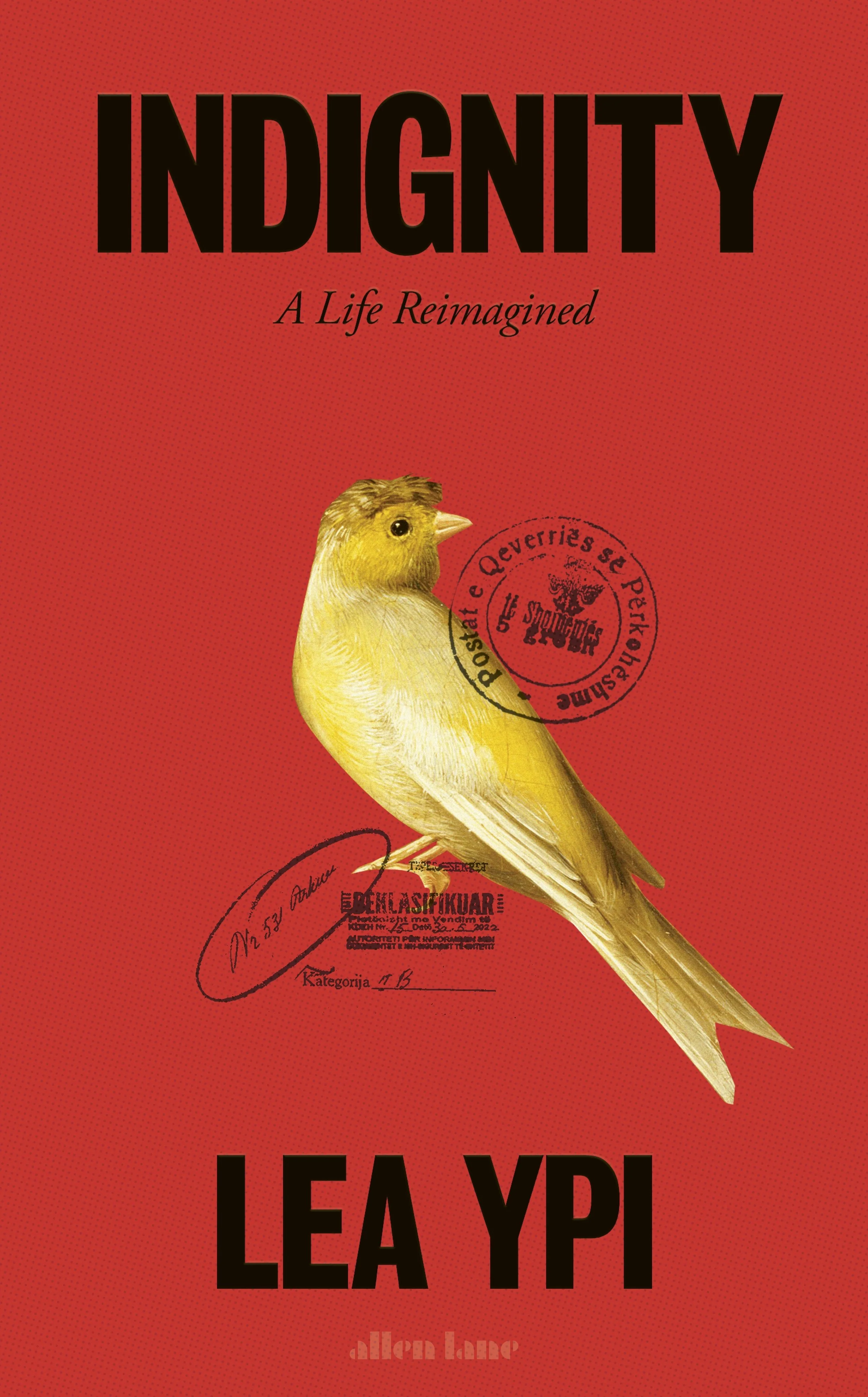NEW RELEASES (16.10.25)
All your choices are good! Click through to our website (or just email us) to secure your copies, and we will dispatch your books by overnight courier or have them ready to collect from our door in Church Street, Whakatū.
Mr Outside by Caleb Klaces $40
During a time of restricted movement, the narrator of Mr Outside visits his reclusive father Thomas who is packing up to move into a care home. As father and son grapple with the task, long-buried conflicts resurface. Thomas, a poet and former radical priest, slips between affection and fear, while the narrator struggles to find the words he’s been holding back. Yet amidst confusion and grief, moments of humour and connection emerge, as both men discover new ways to listen. Told through a striking combination of text and image, Klaces’s distilled novel explores the stories we tell about our lives, intimacy in crisis, and the fragile line between reality and delusion. Based on the life of his own father, Mr Outside is poignant, profound, and unexpectedly funny; a tender meditation on endings, the limits of understanding, and the act of letting go. [Paperback]
”I can’t remember the last time a book moved me to tears, but Mr Outside did so more than once. With each page awash in bittersweet detail, Klaces evokes the raw and distant intimacy between fathers and sons with tenderness and insight and captures the inevitable yet cataclysmic rupture of the loss of a parent as honestly and effectively as anything I’ve ever read. It’s heartbreaking and beautiful and comforting all at once. I could not recommend it more highly.” —Kevin Powers
”I was utterly absorbed by this riveting, wonderful book, and thought about little else during the days I read it. The prose is unsparing — clear yet enigmatic, clipped yet voluminous. Every page carries a startling moment or detail. By the end of it, you’re left with a sense of the turbulence and bewildering beauty of a whole life. Mr Outside is a major achievement.” —Martin MacInnes
”A novel of extraordinary clarity. What Klaces has achieved here is remarkable. His precise, compelling language miraculously shapes a truth you’d think no language could do justice to: that the price for incredible love is incredible loss.” —Lisa McInerney
a grammar of the world by Jeanne Benameur (translated from French by Bill Johnston) $45
For Benameur in these poems, the Egyptian goddess Isis advances with her along the seashore, unifying the past and the present, inside and outside, memory and imagination, trauma and hope, the blue of the sky and the blue of the sea. She is unity rediscovered. Drawing on subjects as diverse as the author's childhood traumatic flight from the Algerian War of Independence in the late 1950s, the modern migrant crisis, the transformative power of writing and the long history of the Mediterranean, a grammar of the world is brought into harmony by the central mythological figure, who personifies a careful reknitting of the world and repairing of ancient wounds through the act of writing. [Paperback with French flaps]
”In Jeanne Benameur's language all is fluttering, gentle and stirring. Places are foremost, they precede us, then history settles in and the writing unfurls.” —Cécile Coulon
”For Benameur, the backwash of Algerian history flows back into the sea of inner feelings.” —Yasmine Chouaki
>>See more!
>>The Child Who.
Taniwha by Gavin Bishop $40
Monster-sized and monster-filled, this beautifully illustrated book, retells a variety of tales about the taniwha of Aotearoa, from the guardians who accompanied waka voyages to present-day inhabitants of the whenua and moana. Taniwha are all around us. They are good at hiding or changing their shape. They can be very tricky. If you want to meet one, you have to know what to look for and where to look. Describing how the landscape was shaped, and exploring relations between Māori and the sometimes friendly, but more often terrifying, supernatural creatures, these traditional stories are brought to life with Bishop’s lively and inventive illustrations. [Hardback]
>>Look inside!
>>Other superb books from Gavin Bishop.
Vaim by Jon Fosse (translated from Nynorsk by Damion Searls) $38
Jatgeir travels from the fishing village of Vaim to the city in search of a needle and thread. Cheated twice, he returns to his boat, where he falls asleep as waves rock the hull. Soon he is awakened by a voice: a woman is calling his name from the quay. There stands Eline, the secret love of his youth — and the namesake of his boat — with a packed suitcase. Eline pleads to come aboard. In what follows, this single encounter reverberates across three stories: three narrators, three deaths. The first new work from Jon Fosse since he was awarded the 2023 Nobel Prize in Literature, Vaim is a spectral novel that wanders and watches, imbued with things half-seen, perhaps not of this world yet still caught in its rhythms. The first in a trilogy of novels, it continues his investigation into the human condition: the subtle encounters that come to define our lives and our deaths, and what lies in the threshold between what is and what is longed for. [Paperback with French flaps]
”Reading Jon Fosse is always a curious and wondrous experience. Vaim is no exception: it ferries the reader along the stream of the ‘ordinary’ mind, from which suddenly shines forth a luminous beyond.” —Xiaolu Guo
Blackout by Yann Chateigné Tytelman (translated from French by Clem Clement) $40
Spring 2020. In lockdown in a mountain village with his partner and young child, art critic and curator Yann Chateigné Tytelman becomes haunted by the wordless and stoic ghost of his father. He takes this time of withdrawal from the rhythms of everyday life and work to meditate on silence in our lives, silence in art, in literature, music and in philosophy. In a series of short fragments, he circles the void at the heart of modern society, brought into sharp focus by the spectre of disease and death hanging over a stilled world.
”It all started with a letter to my father. It had been about ten years since his death, and I suddenly felt like writing to him about the silence, his silence, the silence between us. It started in 2020, as a necessity. The silence, then, was striking. It resonated with other erased voices, other voids, other emotions. I thought I would not be able to stop. Neither diary, nor essay, nor short story, Blackout is a weaving, a braid made of these lines of silence, and tells, in fragments, the story of a dispossession, of an entry into darkness.“ —Yann Chateigné Tytelman. [Hardback]
“A moving account of a son's search for his father's ghost, as well as a riveting enquiry into the notions of silence and absence in music, literature and visual art. Extraordinary.” —Jude Cook
”A haunting, delicately woven elegy; a luminous act of love written into the void. Let it draw you in. Let it speak to your own silences.” —Suzanne Joinson
”Silence is etymologically rooted in the idea of being quiet and still, of attending. The defining 'absence of sound' came much later. There are reasons why retreats are often predicated on silence. They seek to face directly the fear we have — identified so keenly by Jung — of the journey to the interior that 'silence' prompts. There is no such thing as absolute silence, of course. In an anechoic chamber, you become the sound you hear: your lungs, your heart, your eyelids. Tytelman's remarkable meditation on the presences made vivid by absence understands this instinctively, emotionally, intellectually and even metaphysically. He listens beyond listening. We carry our own silence and that of others like organs. We make our own silences and harvest them. In his haunted and haunting text, even ghosts are breathing.” —Gareth Evans
”Blackout offers an extended reflection on living within silence and emptiness, but through the accumulation of seemingly disconnected stories something else emerges: the pangs of absence enfolded one after another — but absence is always presence, silence is a teeming noise. Was the collective amnesia that followed our recent, yet somehow erased, enforced isolation necessary to forgetting a deeper revelation? For a moment, another kind of society presented itself, a society of gorgeous nothings given eyes to see in the dark.” —David Toop
We Live Here Now by C.D. Rose $45
DeLillo meets Kafka in a wickedly smart novel that explores the boundaries between art and life, vision and reality, beauty and commerce. When visitors to a famous conceptual artist's installation start mysteriously disappearing, the aftershocks radiate outwards through twelve people who were involved in the project, changing all of their lives, and launching them on a crazy-quilt trajectory that will end with them all together at one final, apocalyptic bacchanal. Mixing illusion and reality, simulacra and replicants, sound artists and death artists, performers and filmmakers and theorists and journalists, We Live Here Now ranges across the world of weapons dealers and international shipping to the galleries and studios on the cutting edge of hyper-contemporary art. It spins a dazzling web that conveys, with eerie precision, the sheer strangeness of what it is like to be alive today. [Paperback]
Short-listed for the 2025 Goldsmiths Prize.
"C.D. Rose's genius novel is a book that shows it is possible for a novel to be at once highly original and to fit within an established tradition. We Live Here Now is both accessible and challenging, entertaining the reader with its ridiculous and sinister figures, even as it prompts more intellectual questions about the reality of appearances." —John Self
"In this deeply rewarding novel considering many under-discussed aspects of contemporary commerce, Rose has produced another breathtakingly imaginative work." —Booklist
>>To go with the flow, or not.
>>”I still dream about those places.”
Big Kiss, Bye-Bye by Claire-Louise Bennett $40
The things that hold life in place have been lifted off and put away. Uprooted by circumstance from city to deep countryside, a woman lives in temporary limbo, visited by memories of all she's left behind. The most insistent are those of Xavier, who has always been certain he knows her better than anyone, better than she knows herself. Xavier, whom she still loves but no longer desires, a displacement he has been unable to accept. An unexpected letter from an old acquaintance brings back a torrent of others she's loved or wanted. Each has been a match and a mismatch, a liberation and a threat to her very sense of self. The ephemera left by their passage — a spilled coffee, an unwanted bouquet, a mind-blowing kiss — make up a cabinet of curiosity she inventories, trying to divine the essence of intimacy. What does it mean to connect with another person? What impels us to touch someone, to be touched by them, to stay in touch? How do we let them go? Claire-Louise Bennett explores the mystery of how people come into and go out of our lives, leaving us forever in their grasp. [Paperback with French flaps]
”Shape-shifting and splendid in its disregard for conventional wisdom and contemporary minimalist tastes, it weaves rococo abundance and brazen mundanity into something as porous and unknowable as the narrator’s inner world. Claire-Louise Bennett is a true original, working at the brink of what language can do.” —Annie McDermott, Times Literary Supplement
”If Bennett might seem at first blush a more quietly innovative writer than the novelists with whom she is inevitably compared, this is not to her detriment, but inseparable from the extraordinary subtlety and emotional detail of the psychological portraits her fiction paints.” —Doug Battersby, Financial Times
”Big Kiss, Bye-Bye delivers an exhilarating approximation of what memory feels like. Certain specifics appear fixed — the colour of a shirt, say, or an ex-lover’s hurtful words — but the rest swirls about, shifting depending on circumstance. Bennett’s writing is unpretentious and unselfconscious, with an often startling immediacy. Her vocabulary is precise — she finds a message ‘discomposing’; her empty flat is ‘languidly transporting’ — and sometimes unexpected. Pages of spare, simple sentences are offset by meandering digressions full of possibilities. Bennett is always conscious that every moment might one day be remembered, reshuffled, retold. Memory never fully settles.” —Zoe Guttenplan, Literary Review
”Bennett draws on ‘polyvocal, and apparently experimental’ (note the tonal eye roll) techniques not to obfuscate, but to elucidate the real conditions of living, and writing, from the perspective of the underclass. Far from the stylistic abstractions of modernist masculinist totality or the avant-garde elite, this is the prose, we could say, of precarity. Bennett’s heroines might seek shelter in rooms of their own, but the walls always feel treacherously porous.” —Jane Hu, Bookforum
>>Flux given.
Case Studies: A story of plant travel by Felicity Jones and Mark Smith $85
In 1829, London physician Dr Nathaniel Bagshaw Ward sealed a plant inside a glass container — a simple experiment that helped change the way plants were transported across the world, transforming gardens, ecosystems and lives in the process. This book traces that story through photographs and essays, pairing striking contemporary images of cased plants — shot in New Zealand and in the United Kingdom — with reflections on the implications of plant transfer/movement. Across six essays by Gregory O’Brien, Dame Anne Salmond, Luke Keogh, Mark Carine, Markman Ellis and Huhana Smith, the book considers not only the scientific and colonial ambitions that drove botanical exchange, but also its consequences: ecological disruption, the spread of invasive species, and the marginalisation of Indigenous knowledge systems. Case Studies also gives space to other voices — those speaking to mātauranga Māori, to tino rangatiratanga over native species, and to the ongoing work of conservation and reclamation. It is not only a record of historical movement, but also a reminder of the values and choices that continue to shape the land beneath our feet. [A beautifully presented large-format hardback]
>>Look inside!
>>Growing conditions.
A Long Winter by Colm Tóibín $33
One snowy morning, after an argument with her husband, Miquel's mother departs from their village high up in the Pyrenees and disappears. With his younger brother stationed far away on military service and his father a social pariah detested by the locals, Miquel is caught between, on one hand, the slow disintegration of his family, and on the other, a bitter feud which prevents the townspeople from showing him any more than the slightest acts of kindness. With Miquel's mother still unaccounted for, the two men are forced to fend for themselves throughout a harsh winter, made harsher still by the emergence of family secrets that have festered in the long silence between father and son. Published as a standalone novella for the first time. [Hardback]
”A superbly powerful tale of betrayal and desertion.” —Spectator
Indignity: A life reimagined by Lea Ypi $40
When Lea Ypi discovers a photo of her grandmother, Leman, honeymooning in the Alps in 1941 posted by a stranger on social media, she is faced with unsettling questions. Growing up, she was told records of her grandmother's youth were destroyed in the early days of communism in Albania. But there Leman was with her husband, Asllan Ypi — glamorous newlyweds while World War II raged. What follows is a thrilling reimagining of the past, as we are transported to the vanished world of Ottoman aristocracy, the making of modern Greece and Albania, a global financial crisis, the horrors of war and the dawn of communism in the Balkans. While investigating the truth about her family, Ypi grapples with uncertainty. Who is the real Leman Ypi? What made her move to Tirana as a young woman and meet a socialist who sympathized with the Popular Front while his father led a collaborationist government? And, above all, why was she smiling in the winter of 1941? By turns epic and intimate, profound and gripping, Indignity shows what it is like to make choices against the tide of history — and reveals the fragility of truth, collective and personal. Through secret police reports of communist spies, court depositions, and Ypi's memories of her grandmother, we move between present and past, archive and imagination. Ultimately, she asks, with what moral authority do we judge the acts of previous generations? And what do we really know about the people closest to us? [Paperback]
>>Love, war, and betrayal.
Mana by Tāme Iti $50
Mana. It's a big word. But what is it? Are you born with it, can you earn it, can it be taken away? For more than five decades, Tāme Iti has stood at the heart of Aotearoa's struggle for indigenous rights. From land marches to performance art, police raids to prison cells, his voice has challenged New Zealand to reckon with its colonial legacy. Once branded as a dangerous and extreme activist, now hailed as a national treasure, Tāme has lived the contradictions and realities of standing with mana motuhake in a modern world. After being silenced from speaking te reo Māori as a child, Tāme went on to champion its revitalisation. He discovered the power of protest and what it means to live with mana in a world that often tries to strip it away. This is his kōrero of the road he walked and the people who joined him. The comrades, the supporters, and the ones who tried to take him out. Mana is the story of a man who has never stopped challenging the status quo. [Hardback]
>>Art, activism, and the fight for Māori rights.
>>The power in knowing who you are.


